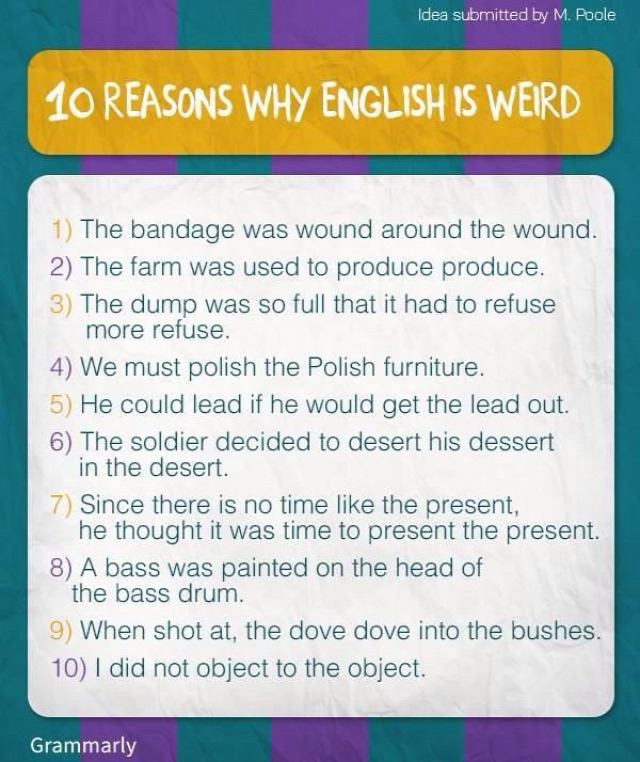
Dátum: 2016. szeptember 9-11. (péntek, szombat, vasárnap)
Nyitva tartás: 10:00 - 18:00
Helyszín: D csarnok
Jegyár: Ingyenes
Hivatalos honlap: http://www.nyelvparade.com/
Facebook esemény: https://www.facebook.com/events/1030354360381738/
Szeptember 9-11-ig (immár 17. alkalommal) vár minden nyelvtanulót, nyelvtanárt a Nyelvparádé, a legnagyobb országos nyelvoktatási rendezvény.
Téged is vár a Nyelvparádé!
Nyelvet tanulnál, és keresed a Neked legmegfelelőbb módszert?
Nyelvvizsgára készülsz?
Az egzotikus nyelvek érdekelnek?
Naprakész szótárt, segédanyagokat szeretnél?
Külföldi munkát keresel?
Külföldi vagy, akit érdekel a magyar nyelv?
Tudod, mi az a blended learning?
Távoktatásra, távmunkára lenne szükséged?
Nyelvtanár vagy, akinek fontos, hogy ismerje a legújabb trendeket?
Neked szól a Nyelvparádé - a nyelvtanulási lehetőségek vására, ahol minden kérdésedre választ kaphatsz.
Szeptember második hétvégéjén a szakma legjava várja - immár 17. éve -, hogy hozzájáruljon sikereidhez.
Itt a helyed!
Parkolási lehetőség
A Millenárisra látogató vendégek számára kényelmes parkolási lehetőség biztosított a Millenáris fedett mélygarázsában, díjfizetés ellenében. Behajtás a Kis Rókus utca felől.





Utolsó kommentek